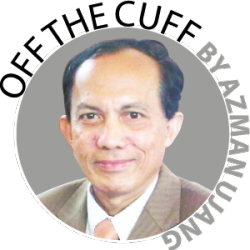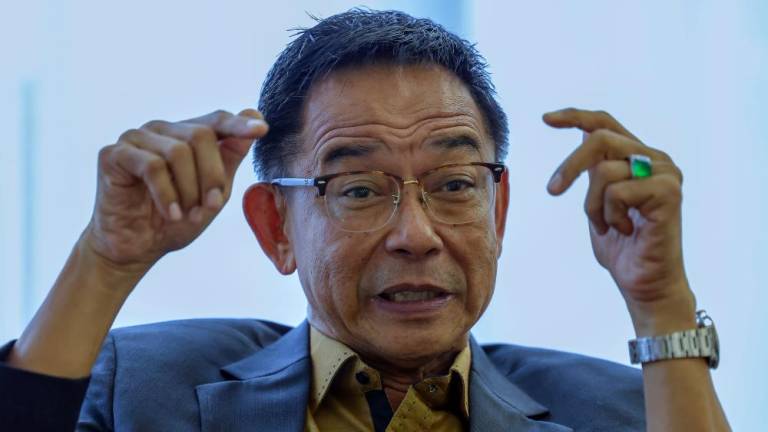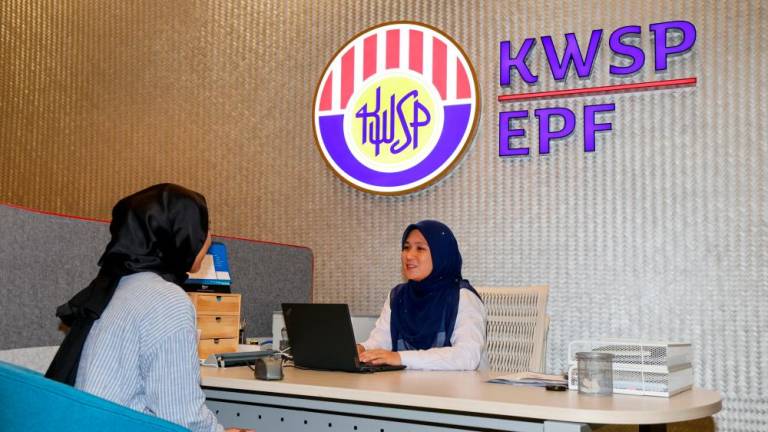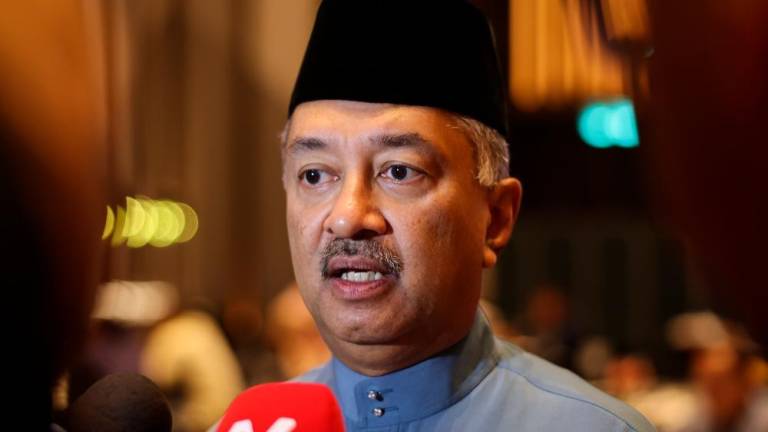Yet another overhaul of the education curriculum is in the offing. We have lost count of how many such changes, normally labelled as blueprints, have been devised and implemented. This is perhaps synonymous with each new education minister.
This time, it’s Dr Maszlee Malik and as expected and rightfully so, there’s excitement and an air of expectancy as to what it’s going to look like.
The minister said it’s expected to be rolled out by the end of 2020 or early 2021 and the basis of this latest experiment is to “Turn Malaysia into a quality and hardworking” society.
All that Maszlee wants to say at this juncture is: “When I met the prime minister recently, he has agreed and asked the ministry to continue striving for the same goal that he did when he was education minister”.
We know that Prime Minister Tun Dr Mahathir Mohamad is passionate about education.
Education was his first portfolio in the Cabinet and word got around when the Pakatan Harapan (PH) government was formed in May that he wanted to hold this post as well but was talked out of it by other coalition leaders.
Since then he has spoken several times about this revamp.
“The school curriculum will be changed and modified so that we will have national schools that will teach everybody all the important subjects that will be useful for them when they mature and become independent individuals,” explained the prime minister.
And during a high-tea session with Malaysians living in Singapore in mid-November, Mahathir also touched on the need to revamp the school curriculum.
The prime minister, a medical graduate from Singapore, made these remarks mindful of the environment he was in then – Singapore being a nation ranked as having a world-class education system that produces world-class human capital.
The proof of the pudding is certainly in the eating and here to be more precise, the devil is in the details but the most critical part is the implementation.
It’s the implementation that so often bogs down and even leads to the failure of policies not just in education but in some other sectors as well.
Some years ago, to cite an example, there was this grand policy to teach science and mathematics in English to hone the skills of students in the two key subjects as well as their competency in the language.
The policy was abandoned midway when its implementation ran into many problems. The biggest was the lack of teachers competent enough to teach these two difficult subjects in English.
Even the Education Ministry has often acknowledged over the years that by and large, the standard of English among our English-language teachers is still much to be desired but to task them with teaching science and maths in this language could lead to more failures among students.
What this all means is that the right ecosystem was not in place before this policy was implemented and even if the political will was there, the big question is: where are the teachers?
I could well understand it was traumatic for most of them to teach these two subjects under this policy, let alone for the students.
But this policy meant well except the ecosystem wasn’t ready for it despite hundreds of millions spent on it.
So now with this new curriculum, the big task has been placed on the shoulders of Maszlee and his ministry to see to it that it works.
Failure is not an option because no one wants to see that after over 60 years of Independence when we inherited an already fine and world-class education system from our colonial masters, the nation appears to be still groping for an ideal education system that’s best for all of us.
When it comes to education, no policy is better than the one that places quality above all else. Quality is a universal demand.
In other words, when we talk about education, it has to be quality education, no two ways about it. Period.
Have we attained this goal although education always consumes the highest position in the pecking order of our national budget?
The debate rages on about the many unemployed graduates with most employers agreeing that they sorely lack proficiency in English.
No other developing country spends as much as we do on education and in terms of providing education for the masses, Malaysia is unbeatable.
There are at least 10,000 schools dotting every nook and corner of country and from just one public university over 30 years ago, we now have more than 20 and countless private universities and colleges.
In terms of quantity, we have more than enough institutions. But in education, quality must never be sacrificed for quantity.
To me, for the new curriculum to have the desired impact, it must emphasise English competency as the basis for acquiring knowledge of world standard.
One might argue that knowledge can be taught in other languages as well but what we need badly is to acquire knowledge of international reckoning.
Let’s start recruiting and training competent English language teachers and instead of getting them from the traditional sources, we need to cast the net wider coupled with higher renumeration for them compared with those teaching other subjects.
It’s not discrimination because English teachers are in demand worldwide and if this is not done, they might well become extinct.
The prime minister’s vision of producing a hard-working society with good work ethics is well on track with the recent announcement by the Japanese ambassador to Malaysia, Dr Makio Miyagawa, that some Japanese universities plan to set up branch campuses in Malaysia.
If all goes well, we will soon see the first Japanese university campus in our midst, the first such overseas branch by Japan, a brainchild of Mahathir.
So moving forward everyone needs to get their act together.
I wish all readers of this column Happy New Year 2019.
Comments: letters@thesundaily.com












